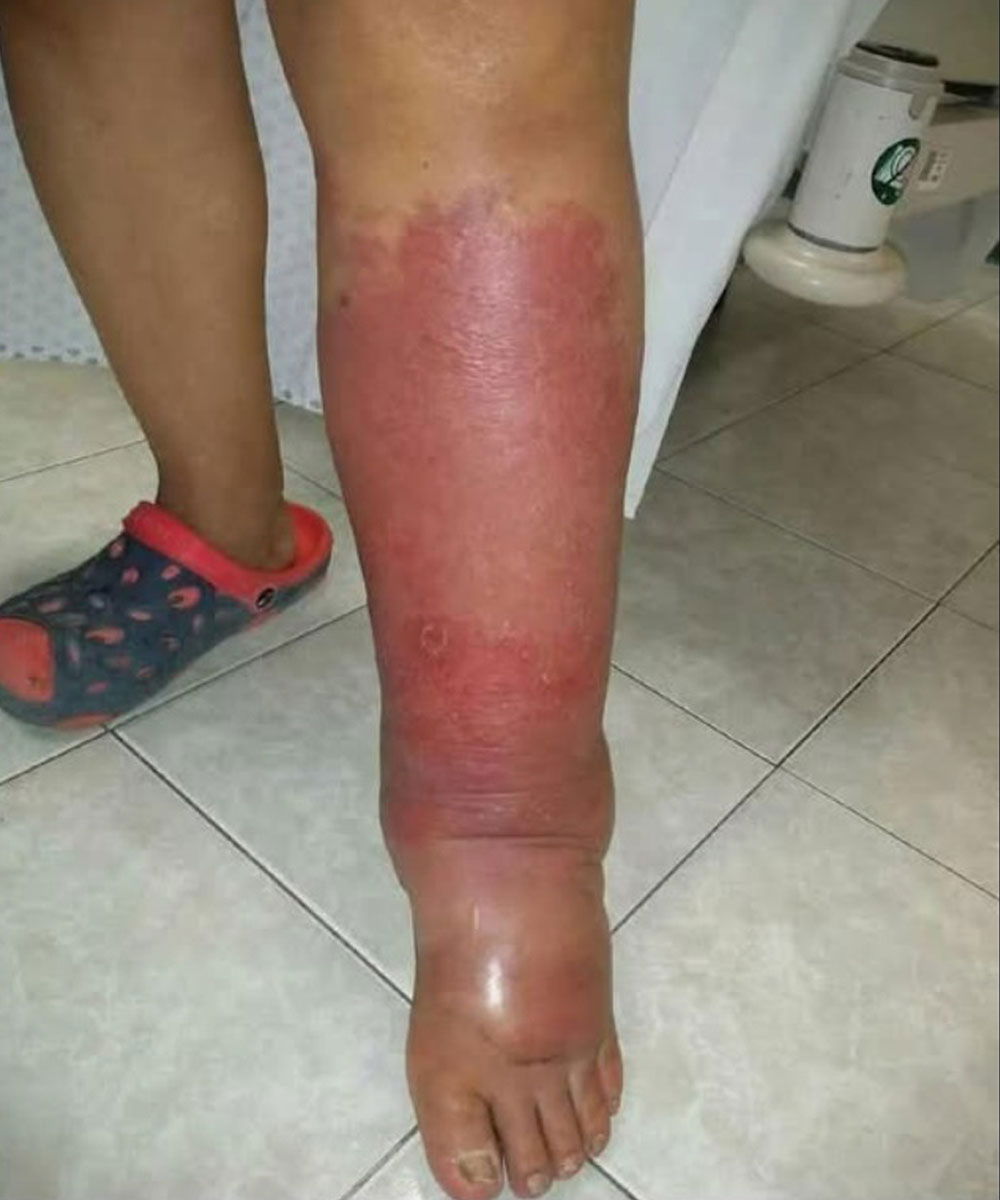What Your Feet Say About Your Health: 8 Surprising Clues You Shouldn’t Ignore
We often hear that the eyes are the windows to the soul—but what if your feet could be the windows to your overall health?
Unless you’re treating yourself to regular pedicures or foot massages, chances are your feet don’t get much daily attention. But taking a moment to observe them could reveal more than you think. In fact, changes in your feet and toes might be the first sign of an underlying health issue.
Here are some common causes of foot and leg swelling that could be signaling something more serious:
1. Heart Conditions
Swelling in the feet and ankles may be a symptom of heart failure or other cardiovascular issues. When the heart doesn’t pump efficiently, fluid can start to accumulate—especially in the lower extremities.
2. Kidney Dysfunction
When your kidneys aren’t filtering properly, excess fluid and sodium may build up in the body, resulting in puffiness or swelling in the feet and ankles.
3. Liver Disease
Conditions like cirrhosis can alter hormone and fluid regulation, leading to retention of fluid in the legs, feet, or abdomen. Swelling might be subtle at first, but it often worsens over time.
4. Venous Insufficiency
If your veins are struggling to return blood from your legs to your heart, fluid can pool in your lower limbs. This often causes chronic swelling that worsens at the end of the day and may come with skin discoloration or discomfort.
5. Lymphatic System Disorders
A poorly functioning or blocked lymphatic system can result in lymphedema—a condition that causes persistent swelling, especially in one leg or foot, and sometimes accompanied by tightness or reduced flexibility.
6. Infections
Localized swelling, especially if it’s painful, red, and warm to the touch, could be a sign of cellulitis or another serious foot infection. This is particularly important for people with diabetes, where even small cuts can escalate quickly.
7. Medication Side Effects
Some medications—including steroids, antidepressants, hormone therapies, and blood pressure drugs—may cause swelling as a side effect. If you notice swelling after starting a new medication, it’s worth discussing with your doctor.
8. Pregnancy
Swelling is common during pregnancy, particularly in the third trimester. However, sudden or excessive swelling—especially when paired with headaches or changes in vision—could be a sign of preeclampsia, a condition that requires immediate attention.
Final Thoughts
Your feet carry you through life every day, but they may also carry important messages about your health. While occasional swelling isn’t always a reason to worry, persistent or severe changes should never be ignored.
Taking a moment to inspect your feet might just help you catch an early warning sign—and that’s a step in the right direction.
